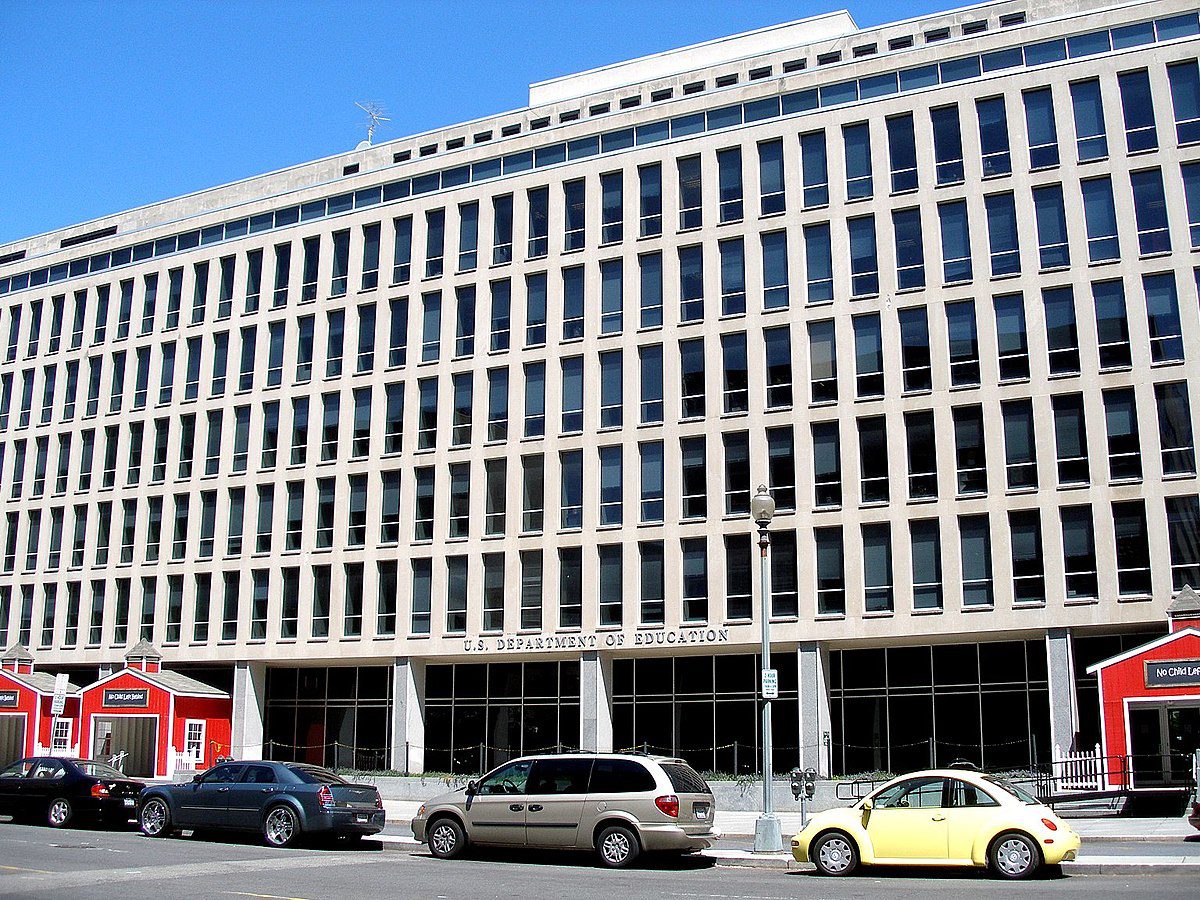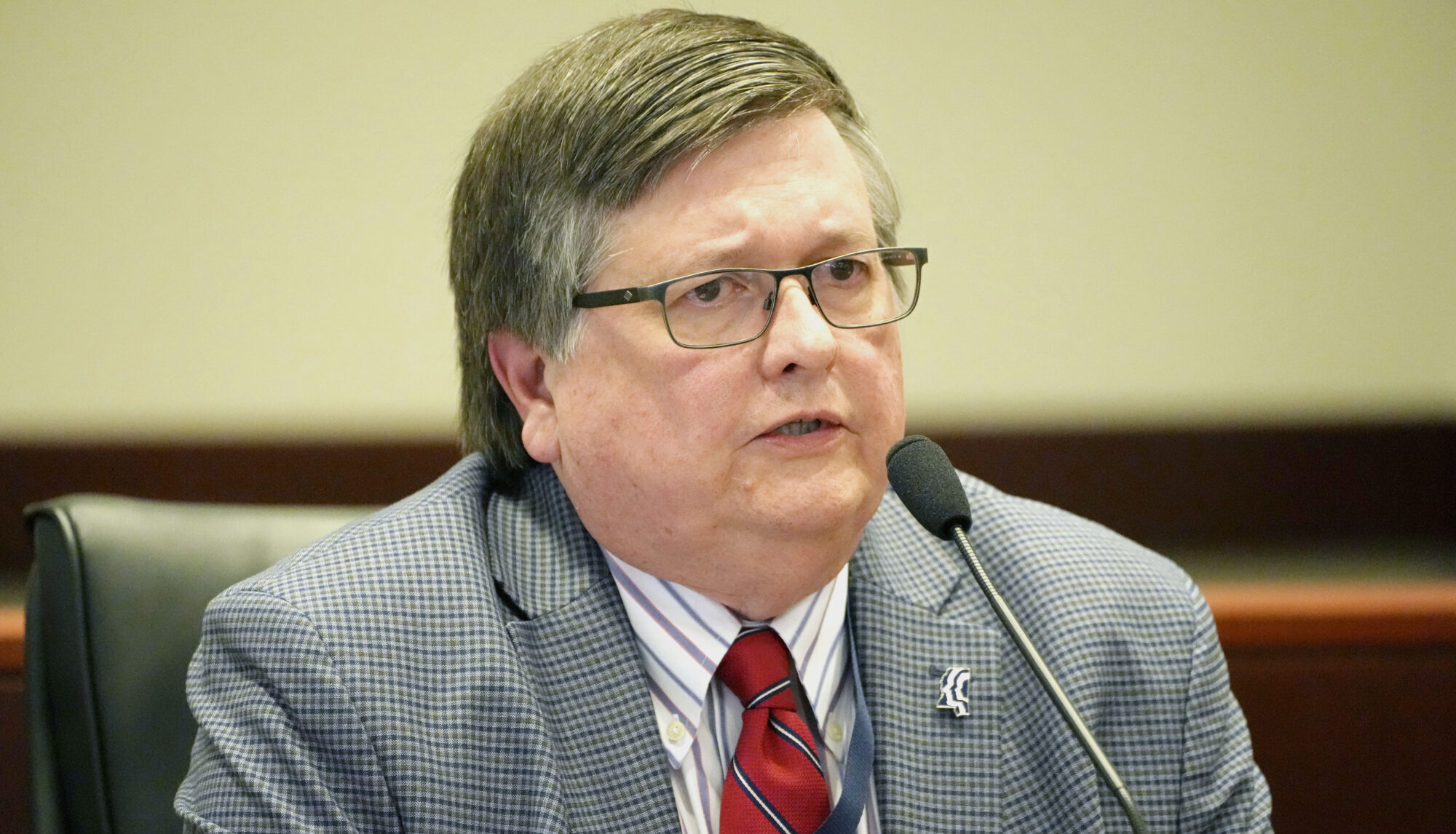
(Photo: US Dept of Education / Wikicommons)
The U.S. Department of Education sent the notification to IHL on Tuesday stating that Mississippi’s eight universities will not have to submit to heightened cash monitoring and will return to advance funding.
Magnolia Tribune previously reported that the Mississippi Institution of Higher Learning was placed under heightened cash monitoring by the United States Department of Education after an audit was submitted past deadline.
The IHL Board of Trustees asked the Department of Education to reconsider due to extenuating circumstances surrounding the completion of the audit. Yesterday, the state received correspondence from the Department of Education accepting the justification offered by IHL and removing the heightened cash monitoring penalty.
The letter received on Tuesday stated, “The Department has taken into consideration the underlying factors associated with this late audit submission. The Department accepts Mississippi’s explanation of why the 2022 audit submission was late and has determined that the circumstances around the 2022 late audit submission meet the criteria to be considered unusual in that they are unique to the impact on the overall audit requirements resulting from the Coronavirus Pandemic and the compressed time span available to perform the audit work.”
It went on to explain that the affected institutions under Mississippi’s IHL “have been removed from heightened cash monitoring and returned to advance funding.”
IHL Commissioner Al Rankins, Jr. told Magnolia Tribune “I am pleased that the Department of Education considered our long history of timely audit submissions and extenuating circumstances in granting relief from Heightened Cash Monitoring status for Mississippi’s public universities. The Board of Trustees and I take the timely submission of the annual audit seriously and are committed to ensuring that our institutions continue to fully comply with all federal audit requirements.”
IHL Assistant Commissioner of Government Affairs Kim Gallaspy told Magnolia Tribune in a previous interview that the audit was submitted late because “it was discovered that some institutions had inaccurately classified federal program funds.”
“As a result, programs which should have been classified as major programs were not identified until late in the audit cycle,” said Gallaspy. “Consequently, our auditor was required to perform additional audit procedures on these newly identified major programs. This additional audit work caused our audit report to be delayed past the Department of Education’s deadline. To be clear, although the funds were misclassified there were no findings from our auditor which indicate that federal funds were inappropriately spent.”
According to the audit report, the errors involved the submission of a draft report instead of the final version, numbers being recorded under the incorrect coding number and a transcription error.
“As the U.S. Department of Education letter states, the reporting was complicated by the influx of federal funds. The audit finding was a result of accounting errors in the classification of funds, not an indication of any financial distress at the universities,” Rankins said in the statement. “The removal of HCM1 status returns our universities to their normal practices with regard to accessing federal funds. Heightened Cash Monitoring would have been an additional administrative burden on the institutions. The universities who draw down federal funds in advance will be able to continue to do so.”











